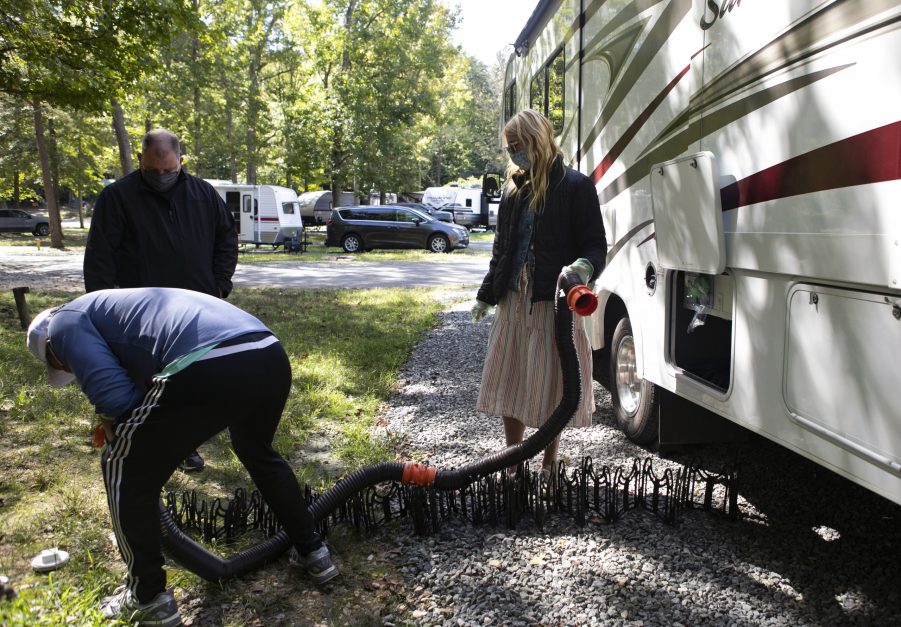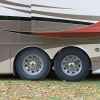
These Are the Most Common Problems RV Owners Face
RVs are vessels of adventure and an excellent way to travel the country. They’re also wicked expensive. And despite the high prices these motorhomes fetch, they’re often littered with problems. These are just some of the problems you should expect if you own or plan on owning an RV.

The roof of your RV will inevetably leak
Whether you’re driving an ultra-luxurious Class A motorhome or a cheap Class C RV, chances are the ceiling will leak. Of all the RV problems on this list, this one is unavoidable. After all, you’re driving a tall vehicle. And if they continuously hit leaves and branches while driving through the forest, eventually the vehicle’s structural integrity will suffer.
Other factors include poor weather and sunlight, all of which negatively affect your RV. Unfortunately, all the cheap fixes available are like putting a band-aid on a bullet wound. Instead, you have to do everything in your power to prevent the issue from occurring. Either park the RV indoors or use a large RV cover to protect your rig from the elements.
If you do spring a leak, there are roof repair kits you can buy. But again, they aren’t a permanent solution. This is especially true for RV vents, which will need to be replaced if damaged. If one cracks, you can throw duct tape and plastic bags over it temporarily, but you have to get it fixed. Otherwise, one leak will lead to another, and then another.
Burst water lines are just as damaging as leaky roofs

You know how water damage can be devastating for a house, right? Imagine that, but worse when it comes to RVs. And yet, despite being a pretty significant issue, it’s also one of the most common problems on this list.
The reason water lines burst is because it gets cold, and people often forget to empty their water tanks every day (or choose not to because it’s a hassle). Failing to perform this simple little step means there’s water in the lines, and if it gets too cold, it’ll cause the rubber hoses to crease and rip.
It’s especially important to make sure your RV is properly stored in the winter. Otherwise, when spring hits, you’ll find yourself having to fix waterlines rather than sitting on waterfronts. If a line does burst, you can patch it up with sealing lubricant. Or you can perform the thorough fix by simply replacing the hose.
RV tires tend to blowout

RV tires are some of the hardest working tires on the planet. Not only are they traveling thousands of miles (sometimes over the course of a day), but they’re holding up tens of thousands of pounds. So it’s no wonder blowouts are common, especially if you don’t properly maintain your tires.
The first step is to make sure your RV is fitted with a good tire. Considering these rigs travel across the country, make sure you have high-quality rubber on every rim. Don’t cheap out on this.
After that, you’ll want to inspect your tires more frequently and more thoroughly than your car’s tires. RVs spend a lot of their time sitting in park, which means the tires will develop a spot of wear. So before setting off, make sure there are no spots developing. And if there are, it’s time to replace the tire.
Check the tire pressure as well, and keep each one properly inflated. On top of that, you’ll want to keep a spare tire with you in the event that you do blow out. Although, you’ll also need a jack that can support the weight of whatever RV you’re driving, and that’s easier said than done.
There are other things to consider when owning an RV, such as general maintenance and driving techniques. But these are the biggest rv problems you’re likely going to face. Don’t panic or be alarmed when they do, just prepare for them ahead of time, and you’ll be fine.


